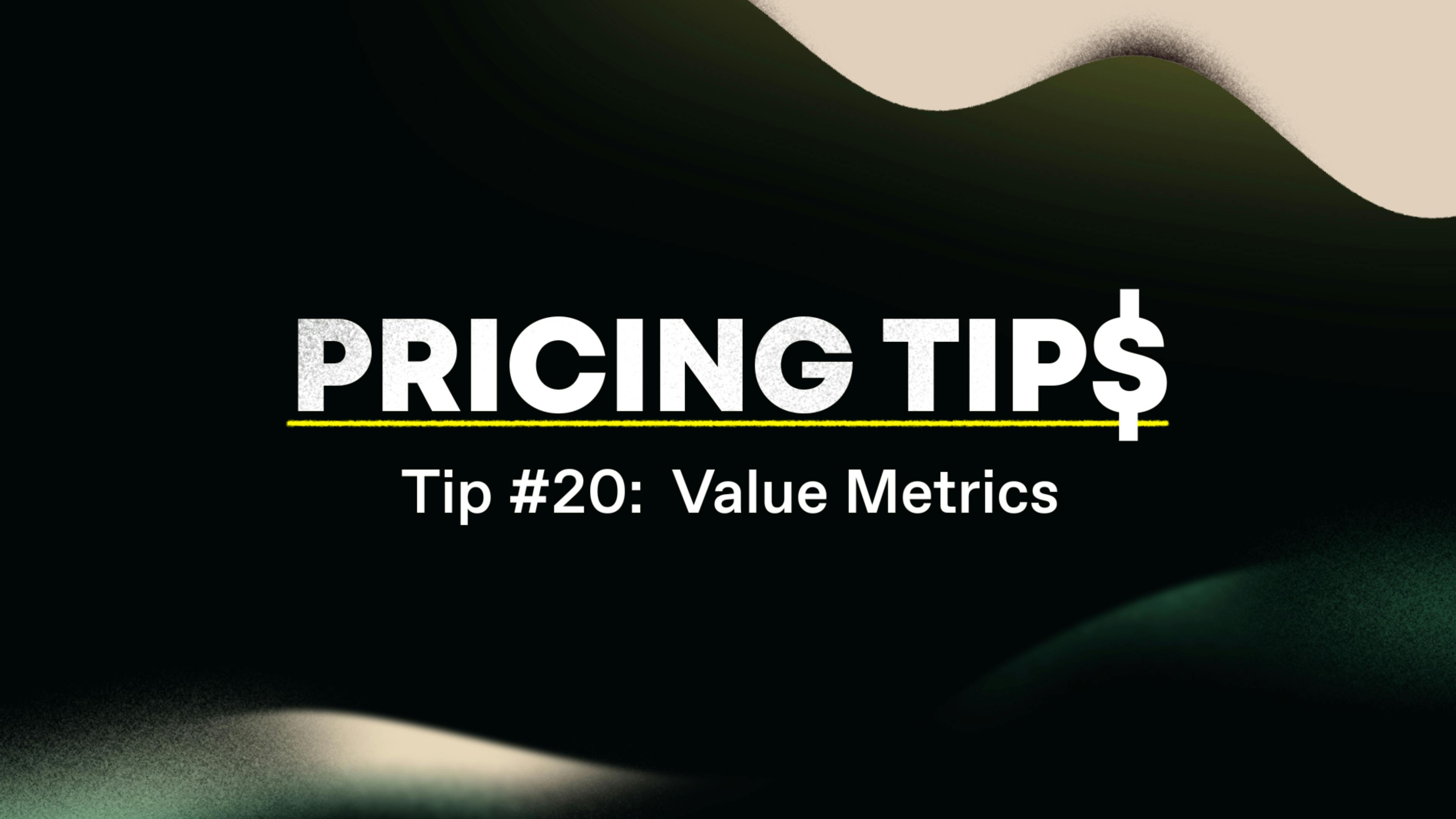
Tax Break: Canada
Selling Software in Canada: Navigating the Complex Tax Landscape
Overview: Selling software in Canada can be a daunting task, especially when it comes to dealing with the country's intricate tax system. Each province has its own set of rules, and understanding the tax rates and regulations is crucial. In this blog post, we will explore the history of Canadian taxes, delve into the modern tax situation, and highlight important takeaways for software sellers. Join us on this wild ride through Maple Syrup and Hockey Canada!
Takeaways:
- Complex Tax Structure: Federal and Provincial Taxes: SAS software downloads, e-books, and digital downloads are all subject to taxation in Canada. The tax structure is complex, consisting of both federal and provincial taxes. The federal Goods and Services Tax (GST) stands at 5%, while provincial taxes vary across the country. Some provinces have Harmonized Sales Tax (HST), which combines federal and provincial taxes. It is essential to understand the tax rates and regulations specific to each province.
- Beware of Penalties and Fines: Don't let Canadian tax penalties freeze your business. Late filings or underpayment can result in fines and interest on the amount due. It's important to stay up to date with tax obligations and ensure accurate and timely filings. Moreover, more severe offenses like tax evasion can lead to criminal charges and substantial financial penalties. Stay compliant to avoid any unnecessary complications.
- Simplifying Taxes with Paddle: At Paddle, we understand the challenges of navigating the Canadian tax system for software sellers. We strive to make taxes less complicated and offer solutions to streamline tax processes. By leveraging our expertise and tools, you can focus on growing your business while ensuring compliance with Canadian tax laws.
Brief History:
Canada's tax history dates back to the late 19th century, with the introduction of the Customs tariff and excise tax. However, the modern Canadian tax system took shape in 1917 with the implementation of the income war tax. This paved the way for the tax system we know today in Canada.
Modern Tax Situation:
The modern tax situation in Canada is characterized by a diverse tax structure. Sellers of software and digital products need to be aware of the applicable taxes. SAAS software downloads, e-books, and digital downloads are subject to taxation. The federal Goods and Services Tax (GST) of 5% applies, along with provincial taxes that vary across different regions. Some provinces have implemented Harmonized Sales Tax (HST), which combines federal and provincial taxes to simplify the process.
Conclusion:
Selling software in Canada requires a solid understanding of the country's tax landscape. With federal and provincial taxes, it's crucial to be aware of the specific rates and regulations in each province. Ensure compliance with tax obligations to avoid penalties and fines that can harm your business. To simplify the tax journey, consider exploring Paddle's Tax Agony Index, which provides valuable insights and resources. Stay informed and make the most of your software sales in Canada.
00;00;00;02 - 00;00;27;00
Steve
Selling software in Canada. Prepare for a wild ride through Canadian taxes. Taxes can be agonizing, especially when every country has a completely different set of rules. Bundle up. We're heading to the land of Maple Sirup and Hockey Canada. Canada's tax history began in the late 19th century with the introduction of the Customs tariff and excise tax. The modern Canadian tax system took shape in 1917 with the income war tax paving the way for tax, as we know today in Canada.
00;00;27;06 - 00;00;51;17
Steve
SAS software downloads, e-books and digital downloads are all taxable. The country has a complex tax structure with both federal and provincial taxes. The federal Goods and services Tax or GST, stands up 5%, while provincial taxes vary across the country. Harmonized sales tax or HST, combines both federal and provincial taxes in some provinces, making it essential to understand the tax rates and regulations in each province.
00;00;51;24 - 00;01;07;22
Steve
Don't let Canadian tax penalties freeze your business. Late filings or underpayment can result in fines and interest on the amount due. More severe offenses like tax evasion can lead to criminal charges and substantial financial penalties. At PADDLE, we make taxes less complicated because.





